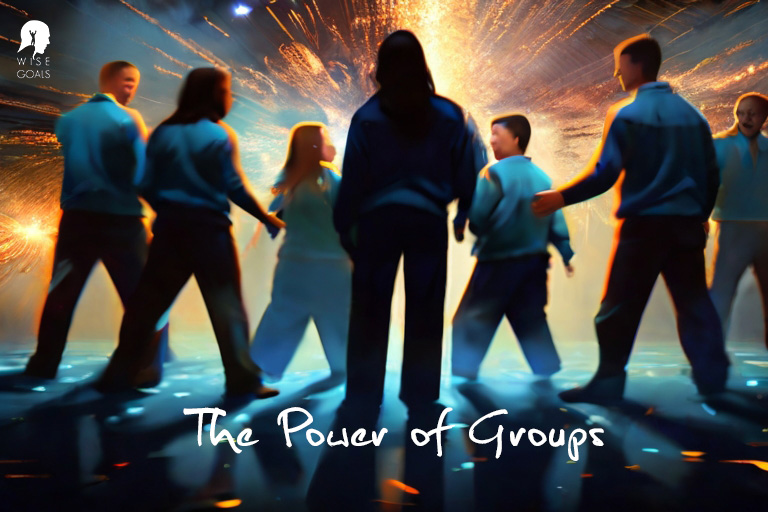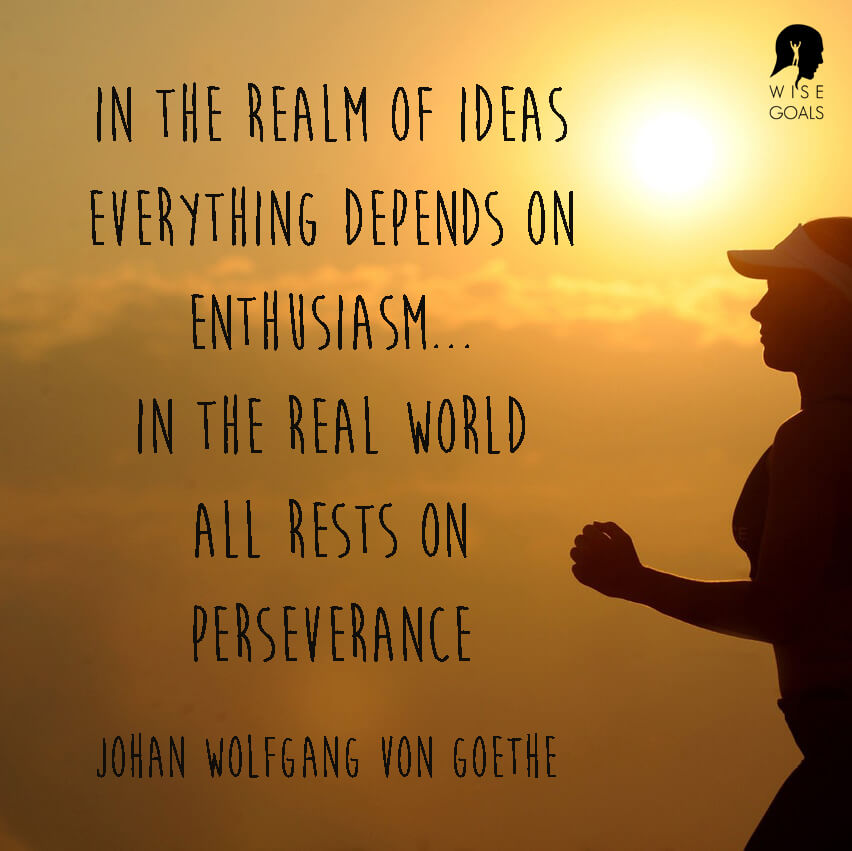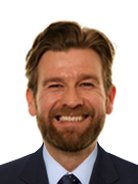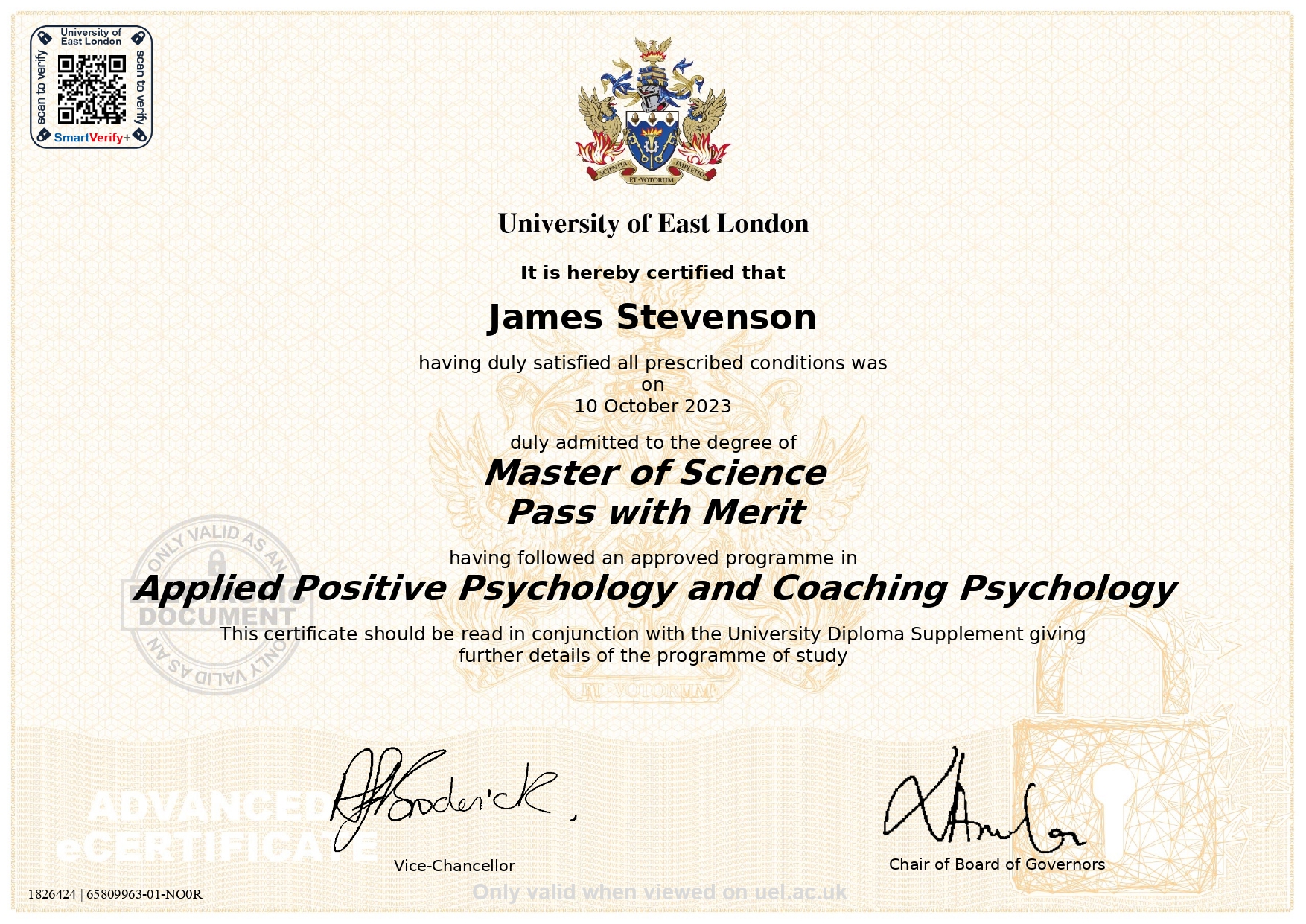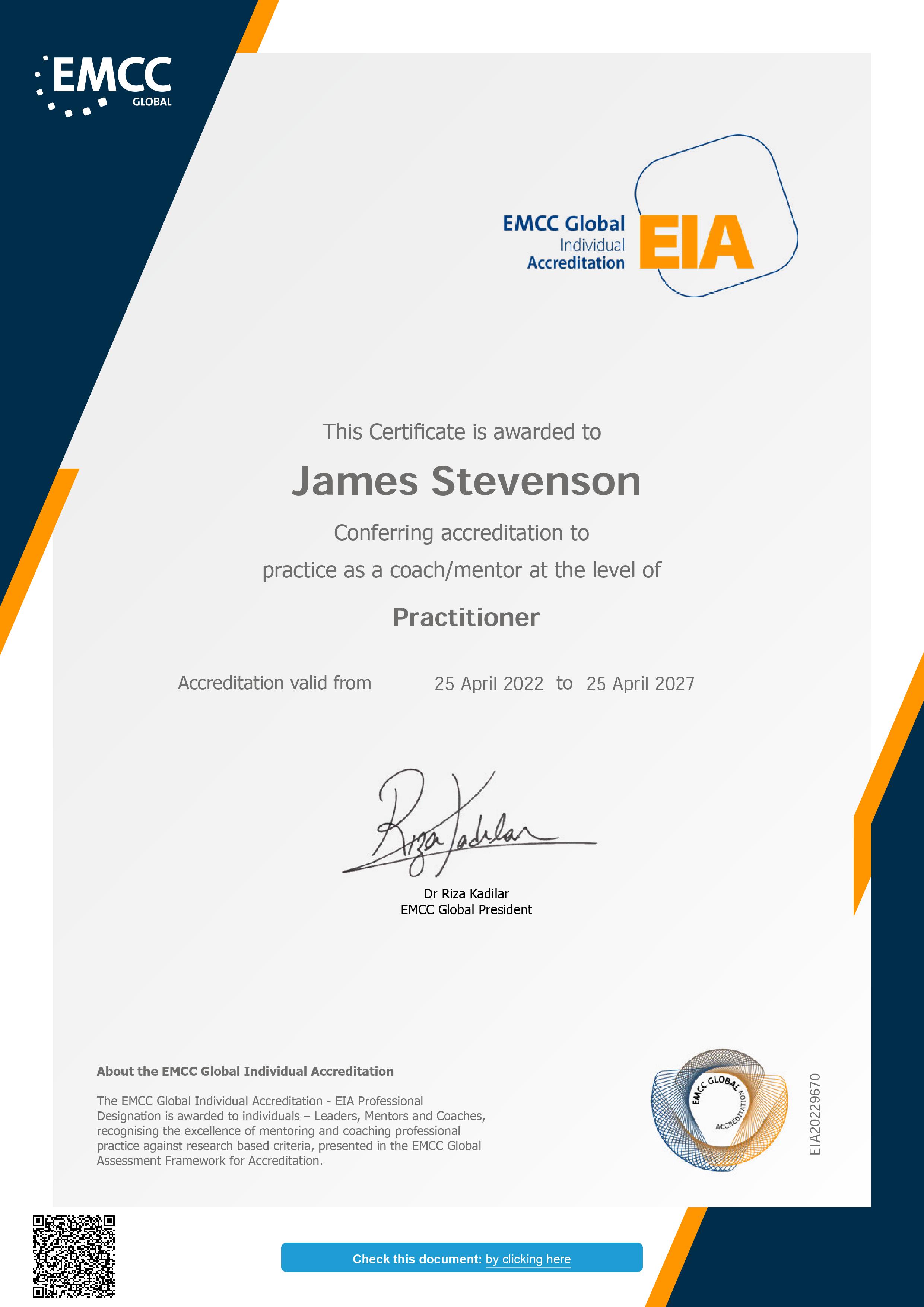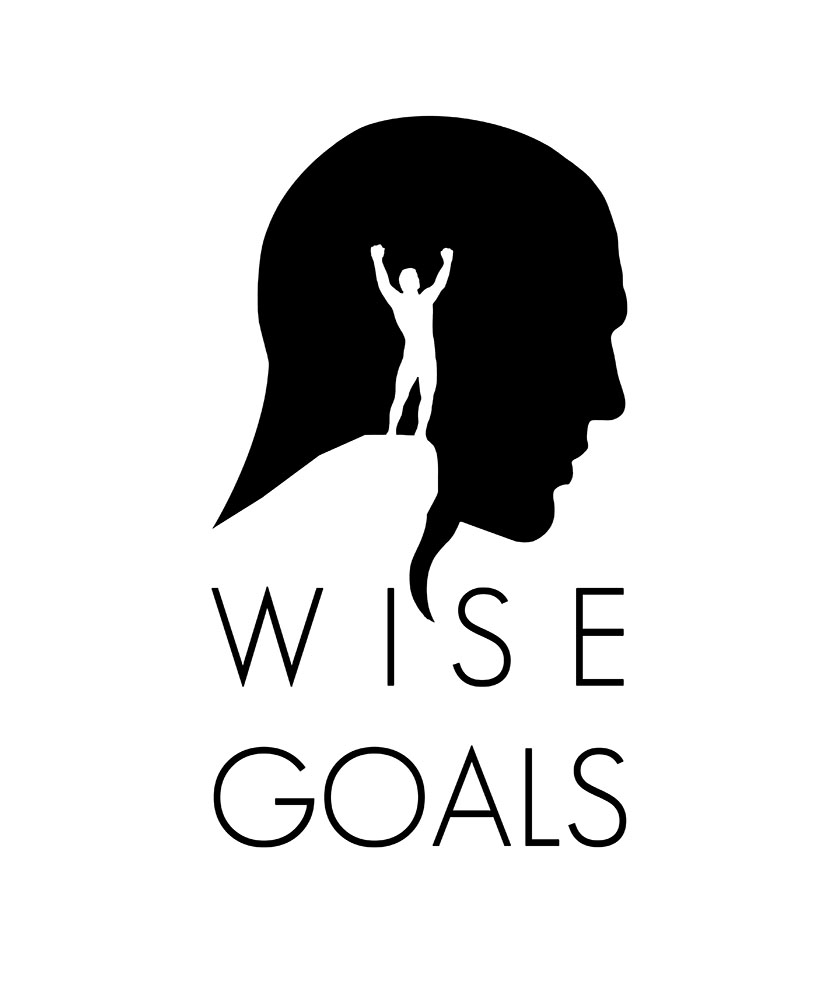
Goal Setting Theory - creating motivation
- James Stevenson (MSc, IEA) - Positive Psychology Coach
Want to know exactly what the goal setting theory is? and how you can use it to improve how you set goals?
The Goal Setting Theory looks at the connection between you setting goals and your motivation. Below I'll show how you can apply this to adjust the quality of your goal setting...
The real beginnings of goal setting began a long long time ago. The movement was inspired from ancient Greek philosophy. Aristotle, student of Plato speculated that purpose can cause action; That having a purpose can drive us, can spur us in to action.
In fact prior to the modern movement a long list of philosophers and great thinkers had thought deeply about the meaning of setting determinations for ourselves.
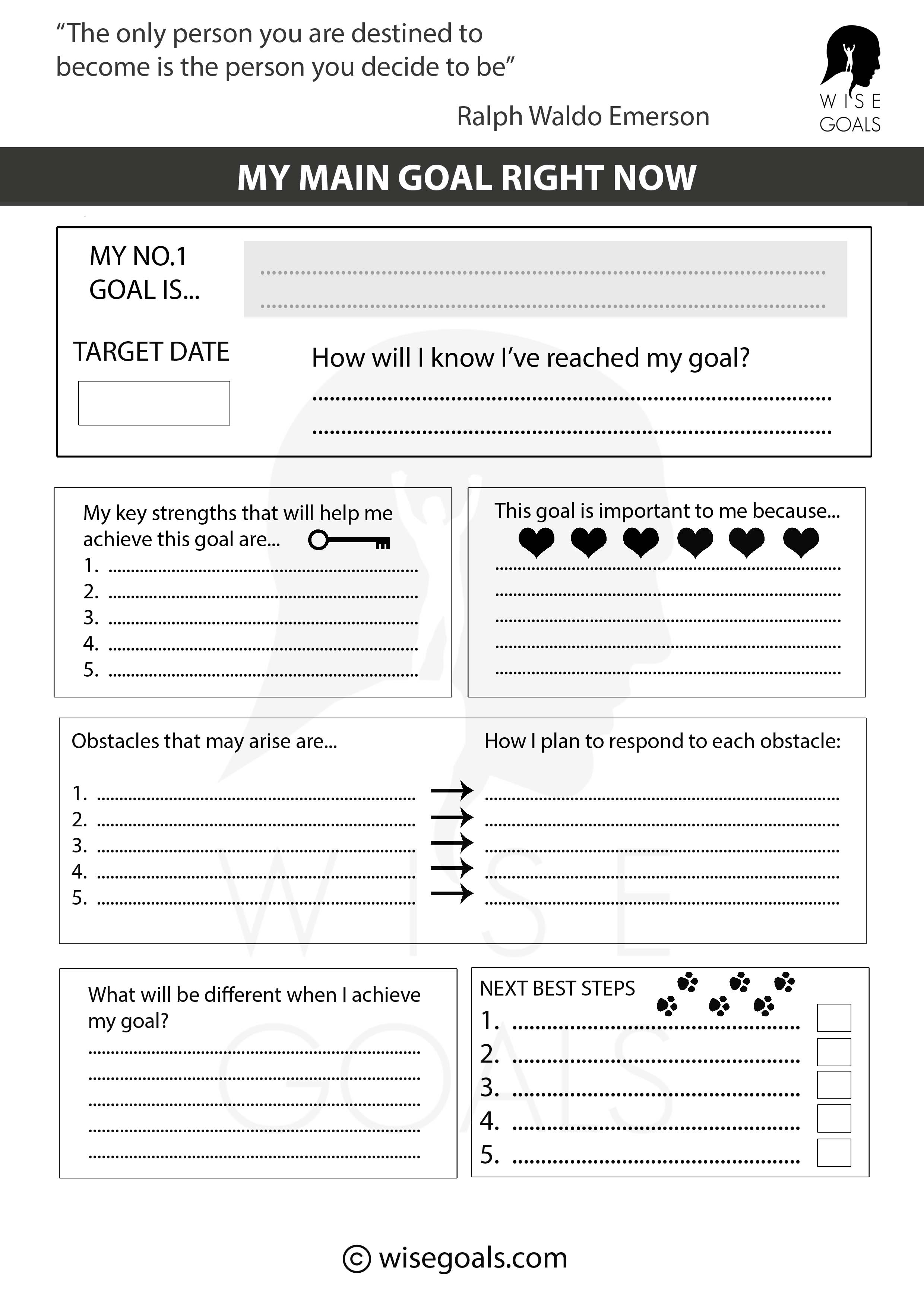
To name a couple; Confucius, Chinese Philosopher from 550 BC said "When it becomes obvious that the goals cannot be reached, don't adjust the goals, adjust the action steps".
Henry David Thoreau, American author and philosopher from the 1800's said "What you get from achieving your goals is not as important as what you become from achieving your goals".
So it's clear that people thinking about goals is certainly no new thing.
Edwin Locke's early work on goal setting and motivation
After studying the work of Aristotle, Locke began scientifically researching the impact that goals or purpose can have on your actions and results.
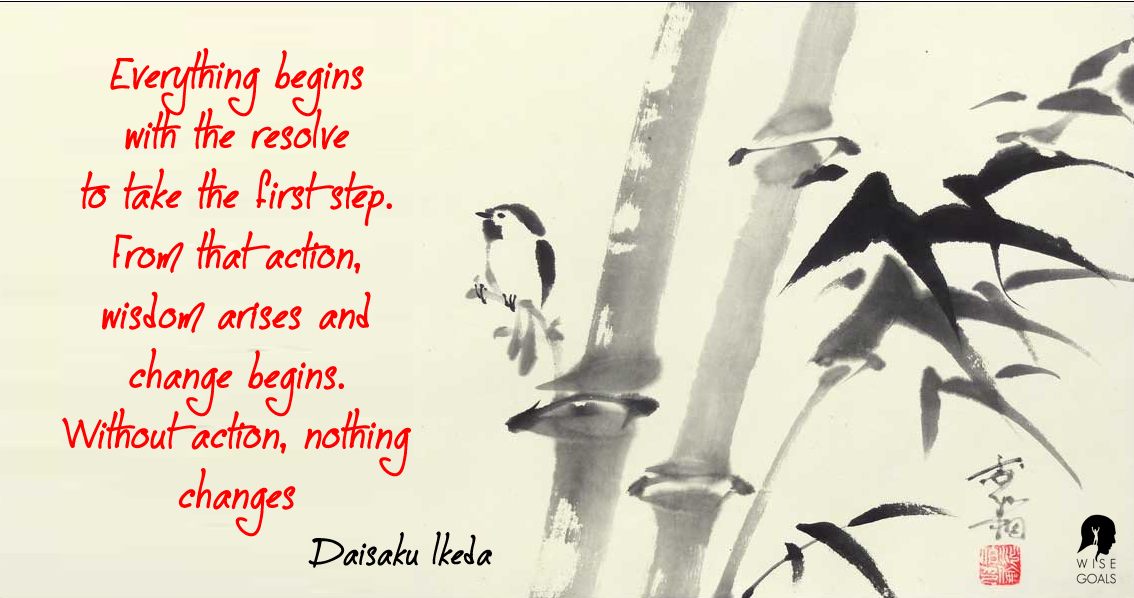
In 1968 Locke released his first article entitled “Toward a Theory of Task Motivation and Incentives”. He summarizes and integrates past research to present certain patterns.
Specifically they reveal that:
- More challenging goals produce higher performance or output than easy goals
- Specific and more challenging goals produce more output than “do your best”
- How you intend to behave has an impact on how you choose to behave
How do goals change you? How does it work?
Further studies, like Locke et al (1981) show how this happens.
Namely, they present 4 pathways:
- Goals direct your attention
- Goals call upon your effort
- Goals increasing your task persistence
- and Goals motivate you to develop plans and strategies
What else makes goal setting work better?
Researchers were also interested in what else, when it's in place, causes goal setting to work well on raising your performance. You can integrate some or all of the following into our personal goal setting.
- Adequate ability already exists (if it's not there get support, or learn first)
- Feedback is available to see level of progress
- Rewards (e.g. Money) are received when the goal is reached
- Supportive people (e.g. manager)
- Goals are accepted, for example when goals are assigned.
The Establishment of a Goal setting Theory in 1990
All of this research was combined and formulated into a theory of goal setting by Locke and Latham in 1990.
According to Locke and Latham their goal setting theory was based on close to 400 studies.
Here's how the effort, persistence and direction thing works:
- Effort - Once a person chooses a goal and decides to act towards it's attainment, the level of effort increases depending on the perceived effort required.
- Persistence - A specific and challenging goal leads the goal-setter to work longer on a task then with easy and vague goals.
- Direction. A specific and challenging goal focuses a persons attention and energy towards goal-relevant actions and away from irrelevant or unimportant actions.
A specific and challenging goal also brings forth the dormant knowledge, skills, and abilities necessary to achieve the goal.
A few other goal setting theory considerations
There were a few other points well worth mentioning in the goal setting theory.
- Complex tasks. It was found that a specific and difficult goal on a task that is too complex can lead to the individual having tunnel vision and thus not performing well. In this situation the breaking down of the goal is required.
- The importance of using feedback. Feedback allows a person to decide if more effort or a different approach might be suitable. When participants chose to ignore the feedback, performance was shown to not improve.
- The level of individual commitment. How much the goal matters to you is important. It was shown that if the goal is a personal interest of yours your commitment will be higher. It was also shown that commitment increases when a person makes their goal public.
- The amount the effort that goes into setting the goal, i.e. In to making the goal right, is reflected in the level of commitment and thus in the performance.
More recent goal setting research
The most recent book looking at research in goal setting was published by Locke and Latham in 2013 and covers a vast range of topics. Their book, New Developments in Goal Setting and Task Performance, is an attempt to cover all this material.
You may be surprised to hear that in the past ten years more research has been carried out than at any other time. Interest is greater than ever.
Research has also been carried out in multiple goal pursuit, self-confidence and goal setting, goals in learning, goal setting in teams and organisations, goals in therapy, goals in leadership, goals and creativity, goal setting and personal development. There are many more interesting topics.
This has paved the way to the use of goal setting in sports, education, leadership, psychotherapy, health, entrepreneurship, therapy, self development, not to mention organisations and management. I use goal setting in my coaching as a wellbeing coach and positive psychologist.
Whatever your field, there are is plenty of research out there to support your efforts.
Recent Articles
-
Group Dynamics: The Catalyst for Change in the New Year
Jan 07, 24 06:33 AM
Discover the benefits of group work at Resolution Revolution 2024. From enhanced learning to improved communication skills, groups shape success. -
Unlocking the Power of Questions in Large Group Dialogues
Jan 07, 24 06:15 AM
Explore the impact of powerful questions in large group dialogues. Foster deeper connections, invite innovation, and achieve common goals. -
Resolution Revolution: Embrace a New Era of Growth and Achievement
Jan 04, 24 12:16 PM
Join our Resolution Revolution for a transformative journey! Set goals, access exclusive resources, and celebrate achievements together. 🚀 #NewYearNewYou -
Unleash Your Potential: 25 New Year's Resolutions for a Fresh Start
Dec 21, 23 08:51 AM
Embrace the mystique of new beginnings with these 25 inspiring New Year's resolution ideas. Redefine your path and set the tone for a remarkable year ahead. -
Teenage Resolutions: Harnessing the Power of the New Year
Dec 21, 23 06:23 AM
Find fun and educational New Year's resolutions for teenagers to consider for personal growth.
